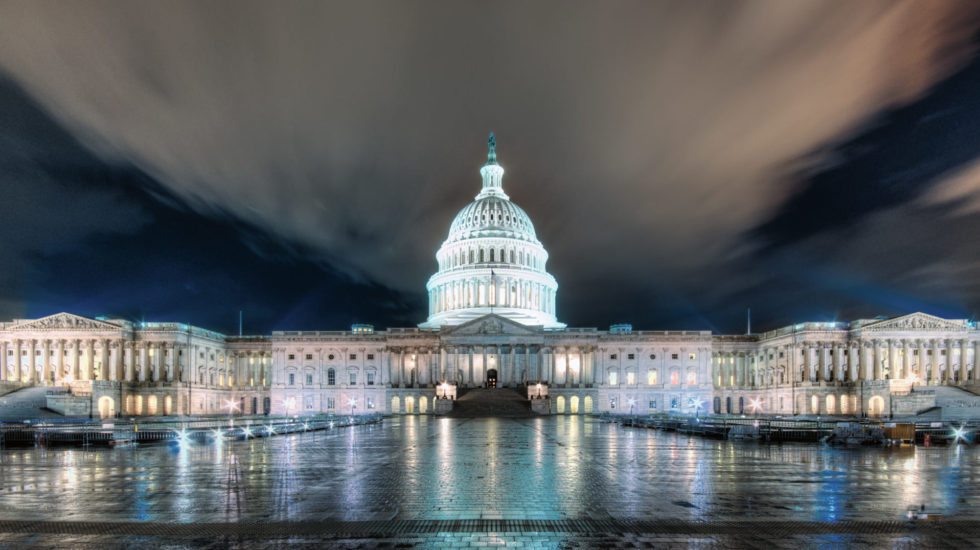Now that Attorney General William Barr has delivered a summary of the long-awaited Mueller report to Congress, we know something about Special Counsel Robert Mueller’s findings. But a clear picture of what the actual report says—and what its legal and political ramifications will be—has yet to emerge.
Thus far, the headlines have concerned Barr’s summaries of Mueller’s findings: On the subject of Russian interference in the 2016 election, that “the Special Counsel did not find that the Trump campaign, or anyone associated with it, conspired” with either Russia’s efforts to sow misinformation via social media during the campaign or with Russia’s hacking of persons affiliated with Hillary Clinton’s campaign or Democratic Party organizations. And, on the question of obstruction of justice, that, as Barr quoted Mueller directly, “while this report does not conclude that the President committed a crime, it also does not exonerate him.”
About obstruction, Barr made his own determination: “Deputy Attorney General Rod Rosenstein and I have concluded that the evidence…is not sufficient to establish that the President committed an obstruction-of-justice offense.”
The battle to spin this summary was joined immediately in Washington and over social media. As was the battle by Democratic members of Congress to gain release of Mueller’s full report and underlying materials—instead of a summary prepared by the president’s hand-picked attorney general. William Barr has a history of prejudicial statements against the Mueller investigation and his own past role in helping to paper over the Iran-Contra scandal that bridged the Reagan and George H.W. Bush presidencies.
The White House immediately responded with dishonest claims—first from White House Press Secretary Sarah Sanders and quickly followed by a tweet from President Trump—that Barr’s summary offered President Trump “complete” and “total” exoneration, despite the direct quote by Mueller that specifically notes that the report “does not exonerate him” on obstruction of justice charges.
Meanwhile, House Speaker Nancy Pelosi headed what is turning into a full-throated Democratic cry for answers that, the president’s opponents maintain, can only be supplied by Mueller’s full report.
Central to both the fight for public opinion in the wake of Mueller’s investigation and the corresponding fight to have the full report and underlying documentation made public are relatively arcane understandings of Mueller’s aims, intent, and mandate. It is worth bearing in mind that this report reflects the requirement that the special counsel explain “the prosecution or declination decisions” he has reached as a result of his investigation—in other words, why he has or has not brought criminal charges (or recommended a referral or referrals to Congress for impeachment proceedings).
Tied up with these understandings are distinctions between evidence that a prosecutor believes is sufficient to gain a criminal conviction in a court of law versus evidence that could be damning in the court of public opinion (or Congressional impeachment proceedings). These distinctions might also be borne in mind while reading Barr’s carefully worded explanation of his decision not to indict the president or refer him to Congress on an obstruction of justice charge.
In his summary, Barr does not clarify these distinctions; one could be left, from what Barr writes, with the impression that Mueller’s declination to bring criminal indictments on certain issues means that there is no evidence supporting the commission of the potential crimes mentioned or that the evidence is exculpatory. Neither of these conclusions are necessarily the case, however.
In a joint statement, House Speaker Nancy Pelosi and Senate Majority Leader Charles Schumer wrote, “Attorney General Barr’s letter raises as many questions as it answers.” The two highest-ranking Congressional Democrats called for “the full report and underlying documentation [to] be made public without any further delay…[t]he American people have a right to know.” Pelosi and Schumer further stressed the value of the full report and documentation to Congressional oversight of the Executive branch; left unsaid was whether this oversight might include impeachment proceedings.
For now, public attention is on Barr’s summary, the only view the nation has of a report that has been anticipated almost from the start of Trump’s presidency. The summary is where the president and his party will seek to keep the focus. Meanwhile, the president’s political opponents—especially Democrats in Congress and those vying to run against him in 2020—will continue to press for release of the full report, in the belief that America should read Mueller’s findings in his own words and that citizens should see for themselves what he uncovered in a long, serious investigation undertaken with public funds.



